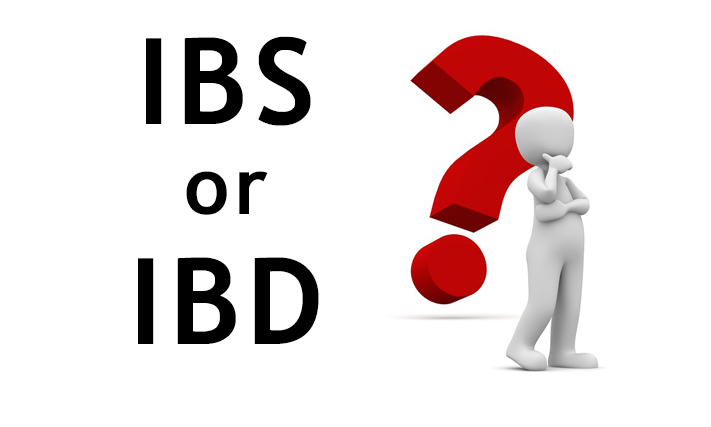14 Jul Are You Confused about IBS versus IBD?
Parents are often confused about the terms IBS versus IBD. IBS stands for Irritable Bowel Syndrome and IBD stands for Inflammatory Bowel Disease. IBS and IBD are two very different gastrointestinal conditions with completely different treatments.
IBS is a functional gastrointestinal disorder. IBS causes gut dysfunction and pain, but does not cause damage to or inflammation of the digestive system. It does not cause bloody stools, increase your risk for colon cancer, or cause IBD.
IBD is a disease where the body’s own immune system attacks the digestive system and causes permanent damage. There are two types of IBD known as Crohn’s Disease and Ulcerative Colitis.
What Are the Symptoms?
Symptoms that suggest IBS include:
- Spasms, discomfort, or pain in the abdomen
- Bloating and gas
- Mucus in the stool
- Nausea
- Loss of appetite
- Diarrhea alternating with constipation
- Lack of energy
- Depression, anxiety, headaches, or difficulty concentrating
Symptoms that suggest IBD include:
-
 Cramping and sharp abdominal pain and tenderness
Cramping and sharp abdominal pain and tenderness
- Diarrhea with blood
- Fever
- Weight loss
- Swelling of the joints
- Canker sores in the mouth
- Irritation of the bottom
- Delayed growth
How Are They Diagnosed?
IBS is diagnosed through the following:
- Detailed medical history
- Thorough physical exam
- Blood and stool studies
IBD is diagnosed through the following:
- Detailed medical history
- Thorough physical exam
- Blood and stool studies
- Radiology imaging procedures
- Upper endoscopy and lower endoscopy with biopsies
What Are the Treatments?
The treatment for IBS is tailored to the child’s symptoms. Treatment options may need to be changed based on how symptoms change.
- Anti-diarrhea medication
- Laxatives
- Dietary modification
- Fiber supplements
- Antispasmodics
- Antidepressants
- Probiotics
- Antibiotics
- Cognitive behavioral therapy, hypnosis, and acupuncture
- Reducing and managing stress
The treatment for IBD involves six classes of medications based on the severity and location of the disease. There is currently no cure for IBD.
- Aminosalicylates
- Immunomodulators
- Biologic therapies
- Corticosteroids
- Antibiotics
- Enteral nutrition
Can a Child Have Both IBS and IBD?
Yes, it is possible to have IBS and IBD. Speak to your child’s doctor about a careful medical evaluation to determine if your child has both of these medical conditions.
Can IBS Progress into IBD?
IBS is a syndrome and not a disease that involves the function of the digestive system. There is no evidence that IBS progresses into a disease.
If you are concerned about your child’s symptoms, speak to your child’s physician about pursuing further evaluation. If you would like more information about gastrointestinal (GI) digestive disorders and nutrition in children, please contact Dr. Mona Dave’s Frisco Office or Request Appointment Here.